Ethical Social Media: A Life-Changing Guide
In an age where digital transmission dominates, the power of social media in our lives is incredible. According to the latest available data, people spend an average of 2 hours and 24 minutes on social media every day. This astounding number is not some dry statistic revealing the magnitude of penetration these platforms have infused in our lives. Ethical use of social media has moved from an option to a requirement. It is not only about the etiquette on the Internet, but rather finding a balance between virtual communication and moral restraints to shape an online presence reflecting our offline standards of respect and integrity.
Understanding Ethical Social Media
Positive posting, individual privacy and avoiding fake news characterize ethical social media use. The essence of this is creating an online community where honesty reigns. This practice is important for not just individuals but also businesses and influencers with a double challenge of building online presence while following ethical standards.
The Impact of Social Media: A Double-Edged Sword
Social influence can be viewed as a double-edged sword. Despite the fact that is has revolutionized how we communicate and share data, it created grounds for issues such as cyberbullying, misinformation among other privacy breaches. For example, one of the researches by Pew Research Centre estimates that 41 percent of adult population in America has been taste at least some type for online harassment which makes a dark shade of digital communications.
The Impact of Social Media: A Double-Edged Sword
Digital literacy lies at the centre of ethical social media use. It is not only about being tech-savvy competence but the consequences that result from online activities too. It, therefore, is important that users particularly the youth are educated on what to expect as a result of their digital footprint. Schools and learning institutions, on the other hand, have sought to include digital citizenship in their syllabi as a way of teaching learners how appropriate usage of technology should be undertaken.
Combating Misinformation
One of the greatest challenges that come along with social media is misinformation. For example, MIT research provides a revelation that false information dispels six times faster on Twitter than the so-called actual or true news. Also a report by Statista found that 59% of U.S. adults believe social media exacerbates the spread of fake news. This terrible trend makes it clear that before sharing information online there is the need for critical thinking and fact-checking.
Privacy Concerns
As an important principle of moral social media activity, respecting privacy is a key idea. Amid disclosures of data breach and other privacy issues consistently hitting the news, consumers are increasingly aware of their digital footprint. A typical regulatory action for protecting the privacy of users can be found in European Union, GDPR.
The Power of Positivity
On the positive note, social media can also be a bed to good. Companies such as GoFundMe, Indiegogo, Kickstarter, in India there is Milaap, Impactguru, Ketto, have demonstrated how social media can boost good causes and even medical calamities according to some, community projects among many other aspects that would cause a nation to stand up for: ‘helping out’ where its needs may be.
Sustainability and Environmental Awareness
With the increasing focus on sustainability, ethical social media usage can also encompass advocating for environmental causes and promoting sustainable practices.
Finally, ethical social media practice is not merely about personal practices; it’s also the building up of an ecology within which digitally people and other creatures abide dignifiedly in a transparent environment that encourages them to persist. As digital citizens, we owe it upon ourselves to act with due caution in this area of the world while appreciating that our actions online have a significant impact. As a result of committing ourselves to the ethical practice, social media then becomes more than just connecting point but rather catalyst for positive reforms in different dimensions. This reversion demands some sort of a group effort – an enterprise which is offered with each and every one since the moment they undertake to log in.







